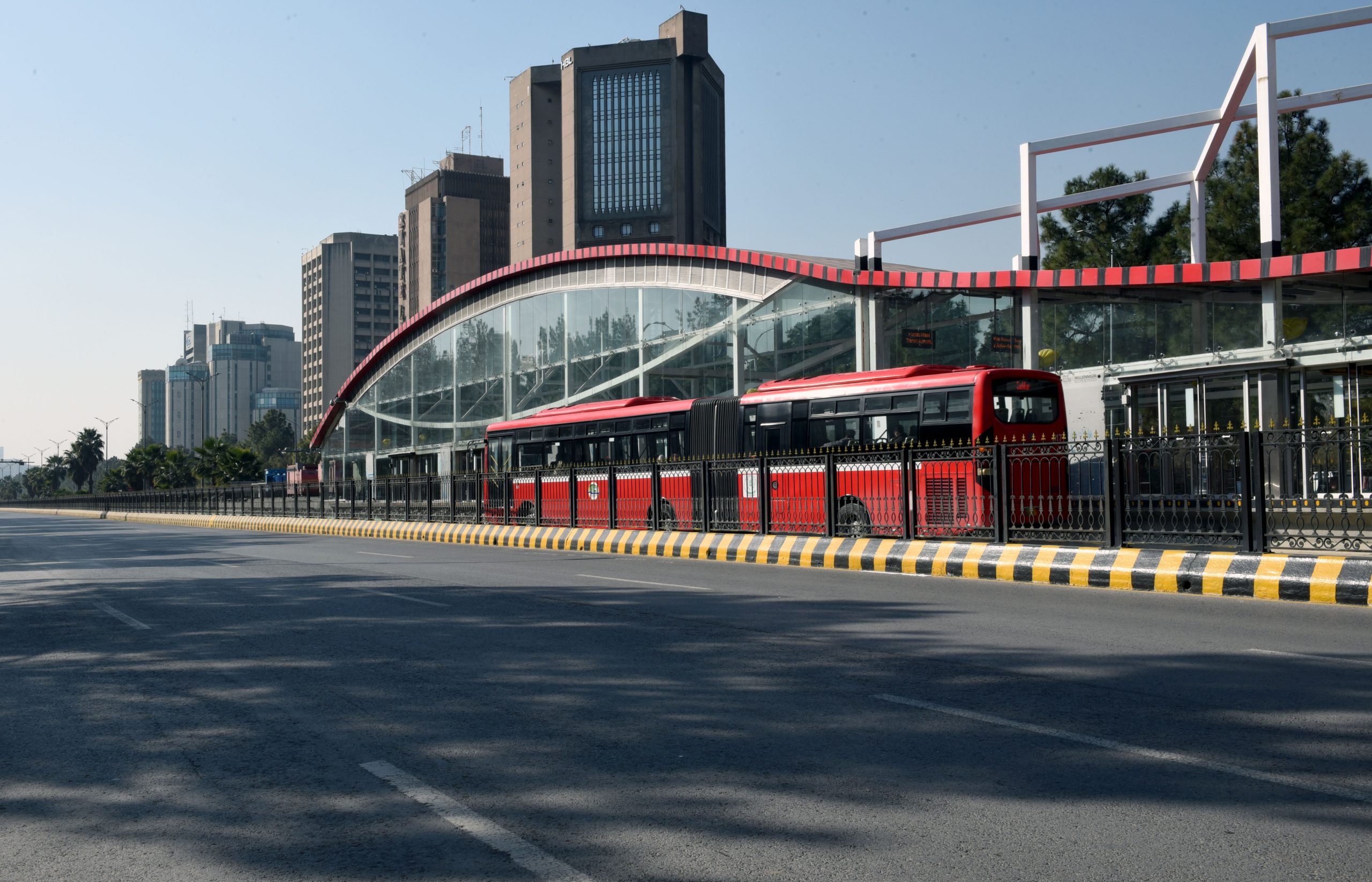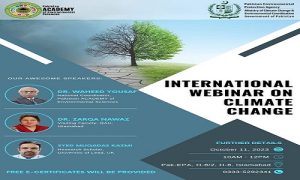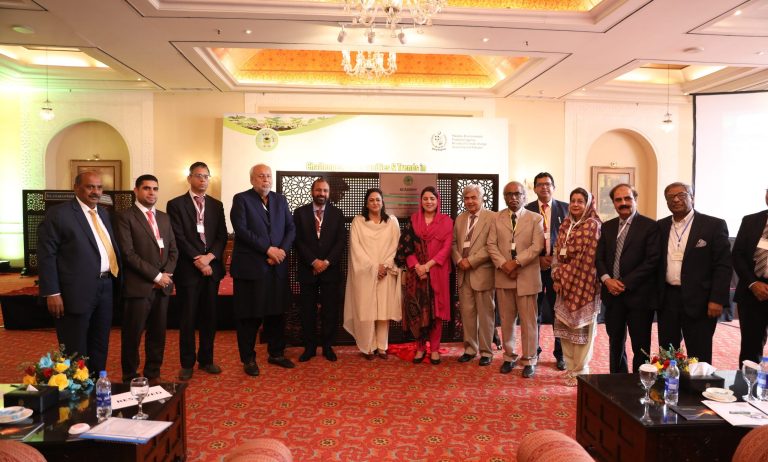Title: Climate Change in Pakistan: Navigating the Impact on Major Cities
Introduction:
Climate change is a global phenomenon that poses significant challenges to countries around the world. Pakistan, with its diverse geography and rapidly growing population, is particularly vulnerable to the effects of climate change. In this blog post, we will explore the impact of climate change on major cities in Pakistan and discuss the steps being taken to mitigate its consequences.
- Karachi: Battling Rising Sea Levels and Extreme Heatwaves
Karachi, the economic hub of Pakistan, faces a dual challenge of rising sea levels and scorching heatwaves. With a long coastline, the city is prone to coastal erosion, flooding, and saltwater intrusion, endangering the lives and livelihoods of coastal communities. Moreover, heatwaves have become more frequent and intense, posing health risks to the population. Efforts are underway to strengthen coastal defenses, improve urban planning, and implement heatwave management strategies to safeguard the city and its residents. - Lahore: Coping with Urban Flooding and Air Pollution
Lahore, the cultural capital, grapples with urban flooding and deteriorating air quality. Unplanned urbanization, encroachments on natural drainage systems, and inadequate waste management contribute to frequent flooding during monsoon seasons. Additionally, the city suffers from hazardous levels of air pollution, mainly due to vehicular emissions and industrial activities. Initiatives focusing on improved urban infrastructure, flood management systems, and promoting clean energy alternatives aim to mitigate these issues and create a sustainable urban environment. - Islamabad: Balancing Water Scarcity and Biodiversity Conservation
As the capital city, Islamabad faces the challenges of water scarcity and biodiversity conservation. Rapid urban growth has increased the demand for water, putting stress on existing water resources. Efforts are being made to promote water conservation, develop efficient irrigation systems, and enhance water management practices. Furthermore, the city’s unique location in the Margalla Hills National Park calls for measures to protect and restore biodiversity, preserving its natural beauty and ecological balance. - Peshawar: Addressing Droughts and Deforestation
Peshawar, situated in a semi-arid region, confronts the adverse impacts of droughts and deforestation. Changing rainfall patterns and prolonged droughts affect agriculture, food security, and the livelihoods of rural communities. Concurrently, deforestation exacerbates the issue by reducing water retention capacity and disrupting ecosystems. Conservation efforts, tree plantation campaigns, and sustainable agricultural practices are being implemented to mitigate the impact of droughts and promote reforestation.
Conclusion:
Climate change poses substantial challenges to major cities in Pakistan, affecting various aspects of urban life, including infrastructure, public health, and environmental sustainability. However, the government, along with civil society and international collaborations, recognizes the urgency to address these issues. By implementing adaptation and mitigation measures, promoting sustainable practices, and raising awareness among communities, Pakistan is striving to navigate the impact of climate change and build resilient cities for a sustainable future.
It is crucial for individuals, communities, and stakeholders to work collectively, taking action to reduce greenhouse gas emissions, conserve natural resources, and adapt to the changing climate. Through these efforts, Pakistan can pave the way for a greener, healthier, and more sustainable future for its major cities and the entire nation.











 Total Users : 1837
Total Users : 1837 Total views : 6140
Total views : 6140